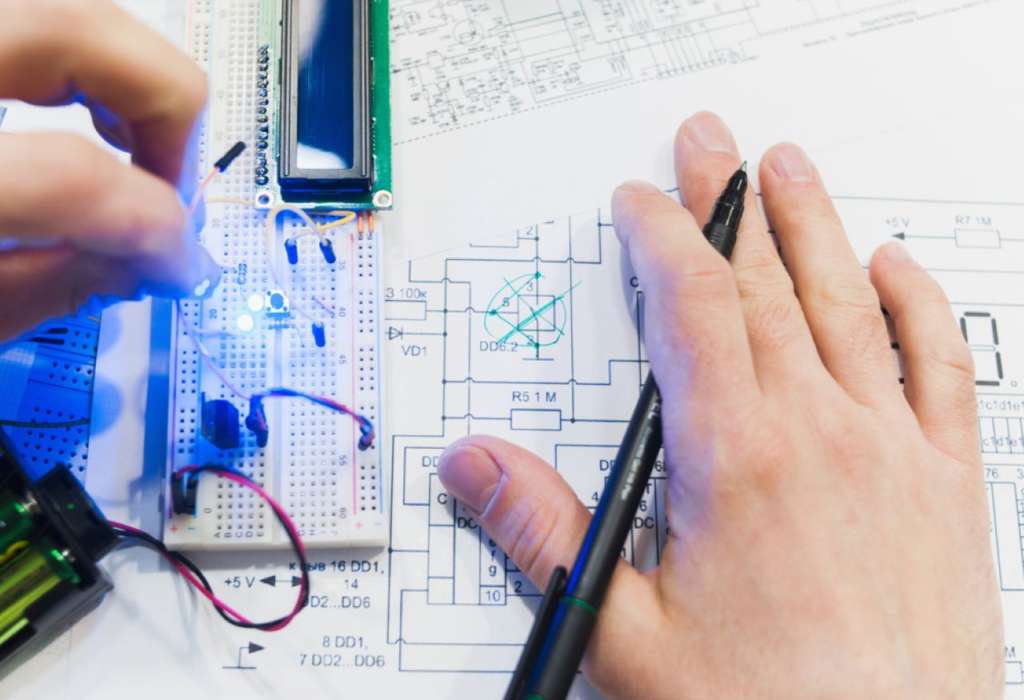Considering a Mechatronics Course?
If you want to learn more about the combination of electronic, mechanical, robotic and software engineering systems that are used in modern manufacturing industries, a mechatronics course may be the perfect choice for you. Mechatronics is how high-tech manufacturing is done today and is becoming one of the quickest growing career areas. Mechatronics engineers build, design and operate intelligent machines such as flexible manufacturing systems and the robots of today and for tomorrow. The good news is there are plenty of mechatronic courses currently available and they offer amazing flexibility for those wishing to balance work and study.
What is Mechatronics?
Mechatronics is a multidisciplinary field that combines a number of types of engineering – computer, electrical and mechanical – and refers to the skill sets required in the advanced, contemporary automated manufacturing industry. At the intersection of computing, electronics and mechanics, mechatronics specialists create smarter, simpler systems. Mechatronics is an important foundation for the expected growth in manufacturing and automation. Mechatronics is an industry buzzword synonymous with electromechanical engineering and robotics. Robotics, electro-mechanical systems and control systems fall under mechatronics.
What Does a Mechatronics Engineer Do?
Mechatronics specialists can do a lot across many engineering disciplines and have a solid base from which to grow. Mechatronics specialists know both electrical and mechanical engineering fundamentals – they speak both languages – so a mechatronics specialist can work with both engineering and mechanical teams. Mechatronics specialists work with smaller robots, massive industrial robots in pick and place operations, control systems for packaging or bottling of food and drink products, designing control systems for rides in theme parks, drones and prototype development. Some mechatronics specialists are employed in firms where it is essential to maintain and design automatic equipment. This includes industries such as mining, manufacturing, robotics, aviation, transport and defence. Other mechatronic specialists are employed by larger manufacturing companies involved in high-volume production. Many new career opportunities are on the horizon here as a result of technological advances.
What Will I Learn?
During the course, you will learn how to build, design and control the machine and processes that are found in the automotive, biomedical, food processing and high-volume manufacturing sector, to name a few. You will also explore digital electronics, embedded systems, electrical power systems, operations management and instrumentation in terms of control and monitoring. Students will learn mechanics, automation, electronic, software engineering and mathematics.
Career Opportunities
After you complete your mechatronic course, you can find employment opportunities in a variety of industries including manufacturing automation, precision manufacturing, smart electrical appliances and instrumentation technology and machine tools. In addition, you can find employment in medical devices industries incorporating sensors, control and machine vision, pharmaceutical industries, microprocessor and computer technology, industrial robotics and automotive manufacturing industries among many others.
Career Progression
If you completed your mechatronics course and found you really enjoyed it and want to continue learning, you can progress by doing courses in a similar field or a mechatronics course at a higher level.
If you’re serious about doing a mechatronics course, check out courses near you in the Nightcourses.co.uk national course finder.





